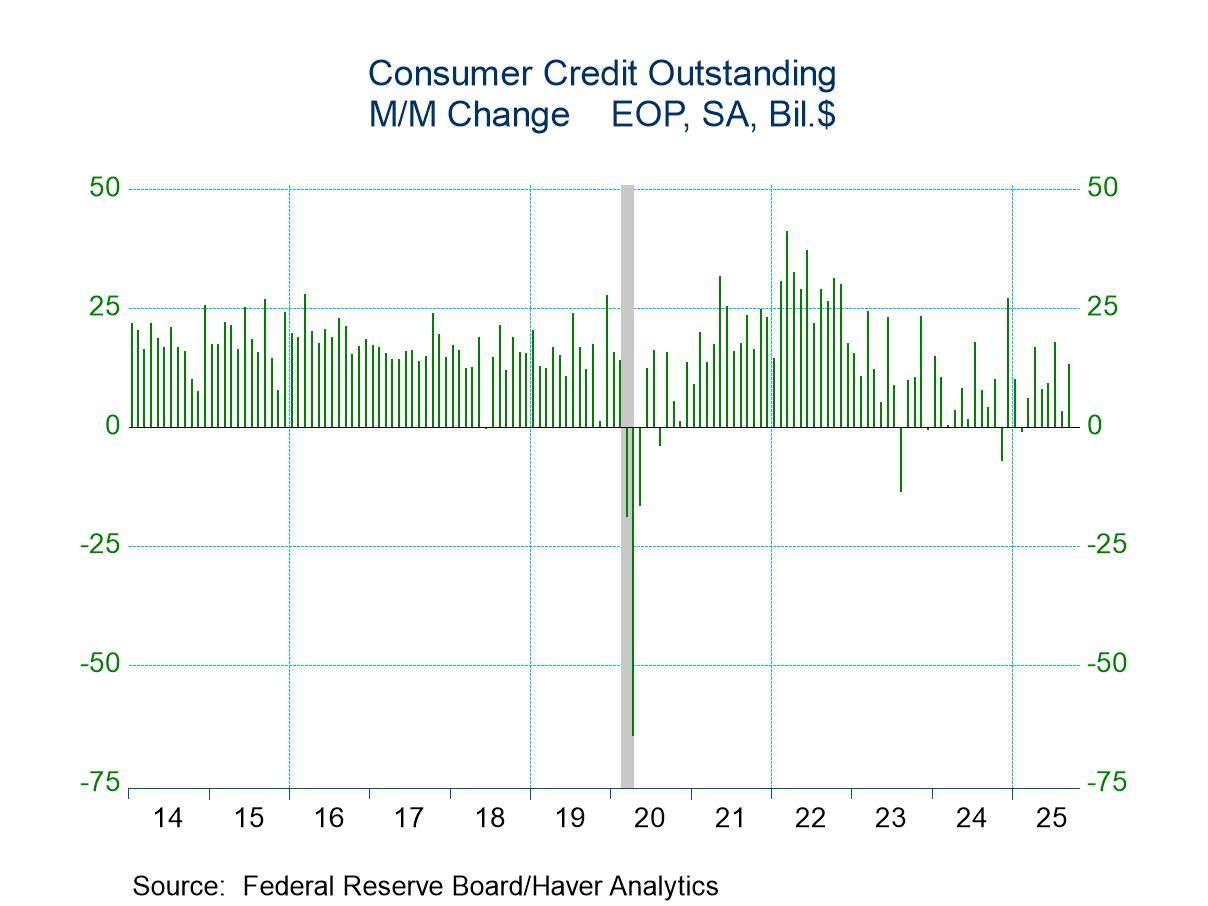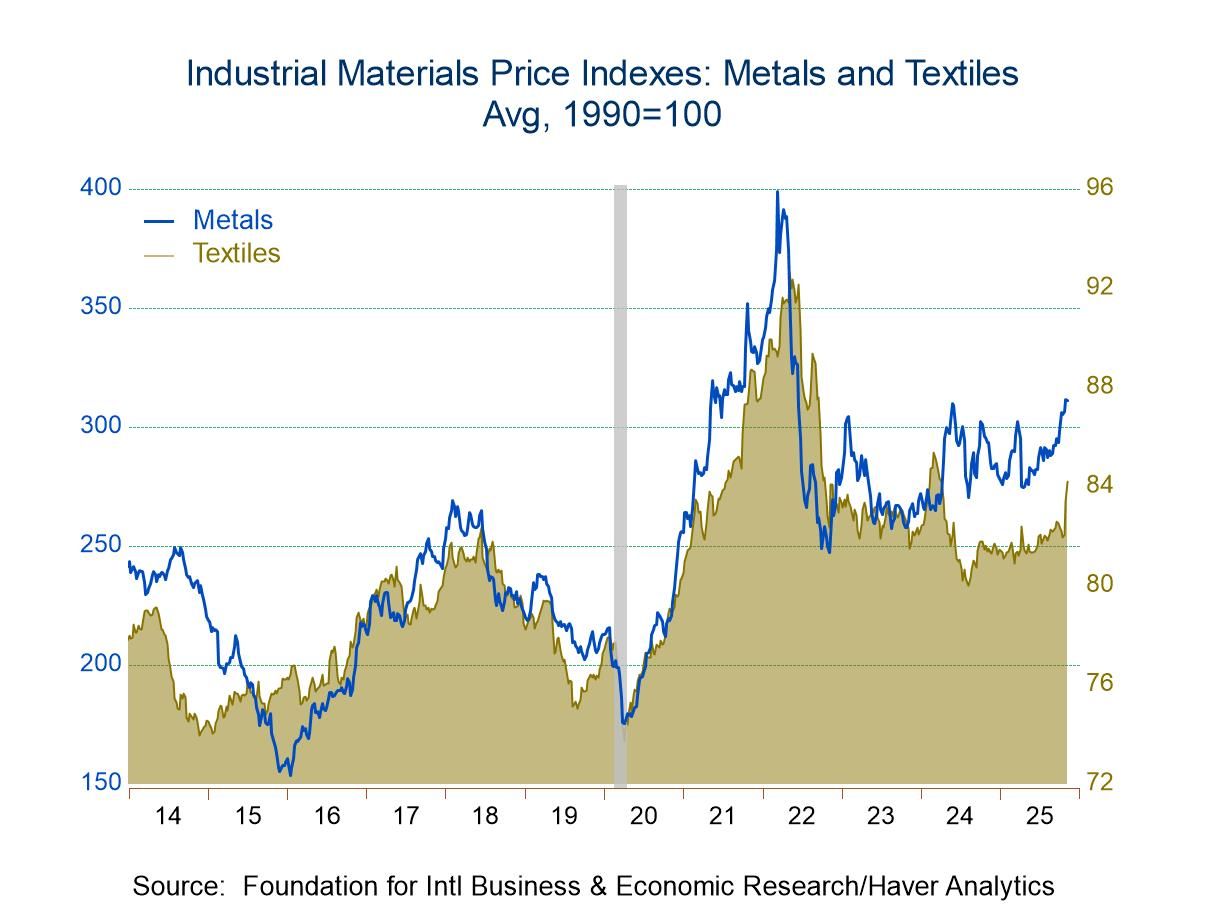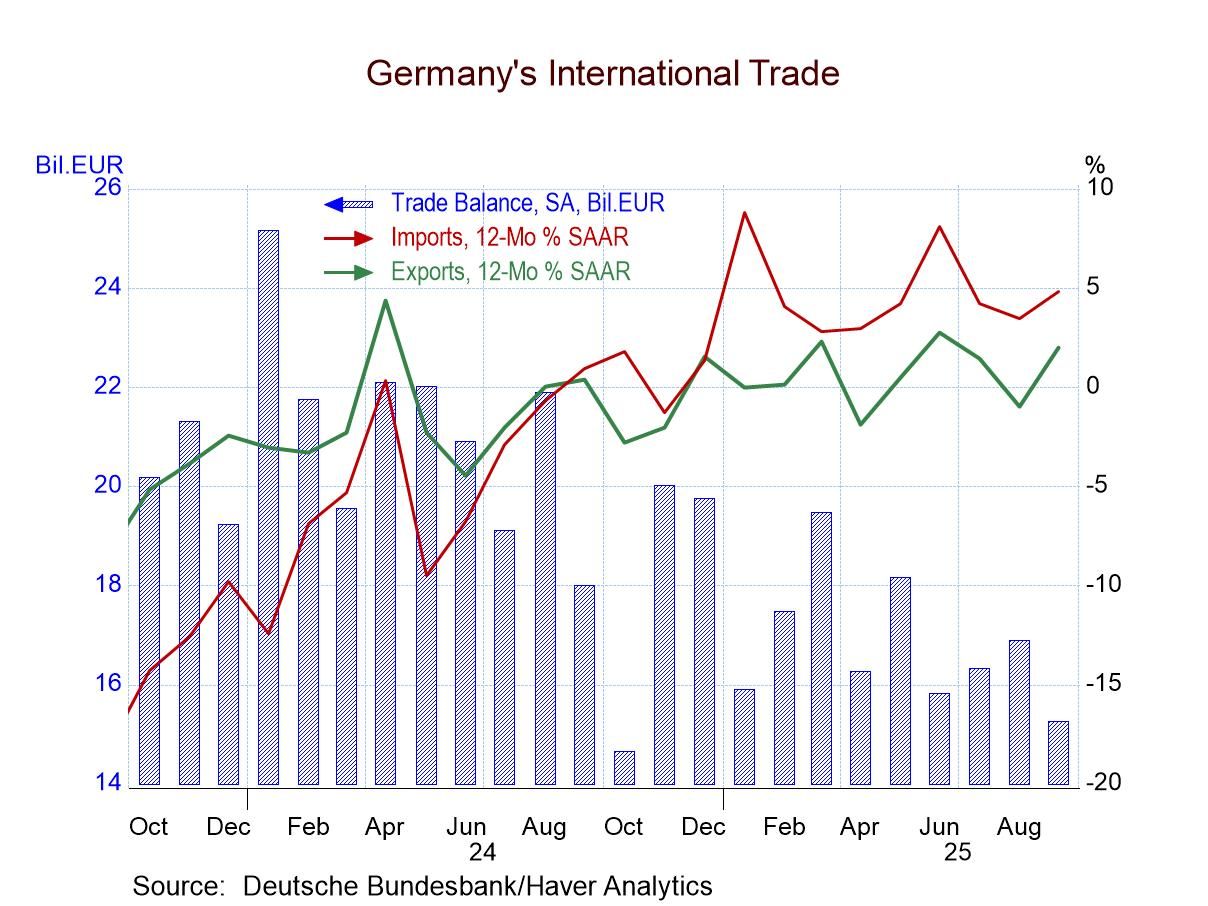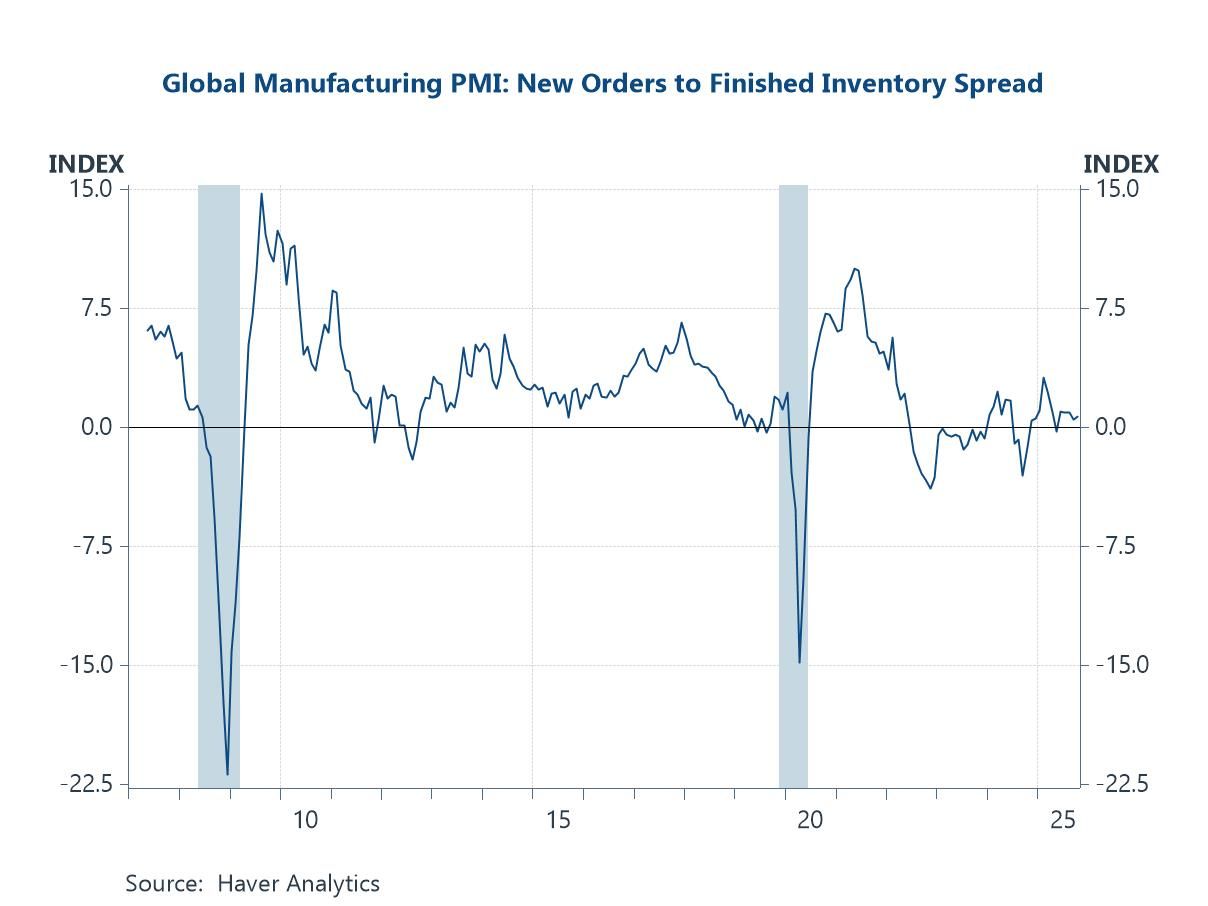 Global| Jul 03 2019
Global| Jul 03 2019Japan's PMIs Hang in There...
Summary
Japan's PMI readings in June barely moved. The composite ticks higher. Manufacturing weakens and continues to contract. The services sector does two ticks better than May. The ranking of the sector readings since January 2015 show [...]
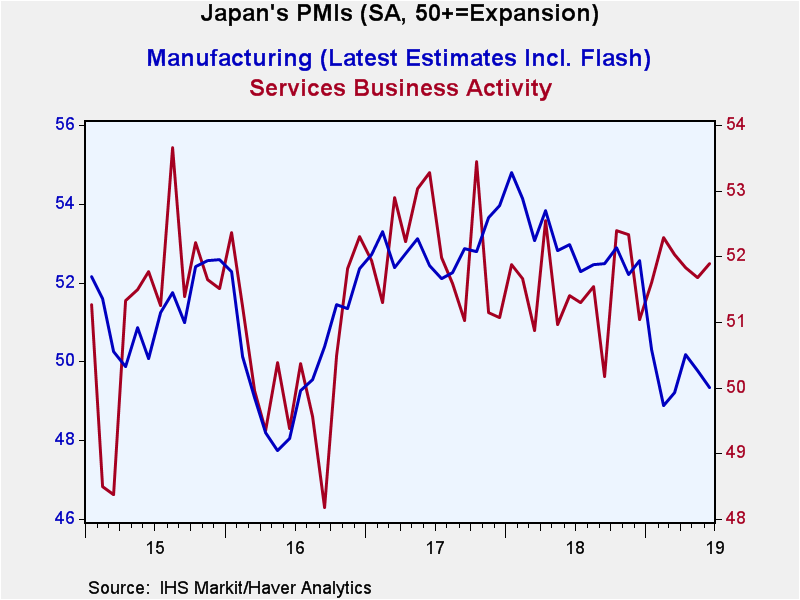 Japan's PMI readings in June barely moved. The composite ticks higher. Manufacturing weakens and continues to contract. The services sector does two ticks better than May.
Japan's PMI readings in June barely moved. The composite ticks higher. Manufacturing weakens and continues to contract. The services sector does two ticks better than May.
The ranking of the sector readings since January 2015 show manufacturing this weak or weaker only 13% of the time. Services are this high about 68% of the time. Still, the composite sits in the 25th percentile of its historic queue of data on this timeline, a weak result.
Japan's PMI readings have recently seen the services sector step up. During the same time, manufacturing has been in a downswing.
Asia as a whole is weak. The absolute strongest manufacturing PMI reading in June is Myanmar at 53, followed by Vietnam at 52.5, India at 52.1 and the Philippines at 51.3. The highest queue standings (relatively highest readings since 2015) are in Myanmar and Thailand.
But some of the big important economies are showing very weak queue standings: China at 9.4 percentile, Japan at a 13.2 percentile, and South Korea at a 3.8 percentile. Asia is struggling.
While markets are breathing a sigh of relief with the United States and China back talking about trade, a deal could still be a long way off. I don't dismiss the idea that China is shining Trump on trying to stretch it out so it can negotiate with Democrats who will be a softer touch – if they can defeat Trump.
It's a complicated world. Everything matters. Even domestic politics are not completely domestic anymore. Keep an open mind but shut your computer down at night…you never know.
Robert Brusca
AuthorMore in Author Profile »Robert A. Brusca is Chief Economist of Fact and Opinion Economics, a consulting firm he founded in Manhattan. He has been an economist on Wall Street for over 25 years. He has visited central banking and large institutional clients in over 30 countries in his career as an economist. Mr. Brusca was a Divisional Research Chief at the Federal Reserve Bank of NY (Chief of the International Financial markets Division), a Fed Watcher at Irving Trust and Chief Economist at Nikko Securities International. He is widely quoted and appears in various media. Mr. Brusca holds an MA and Ph.D. in economics from Michigan State University and a BA in Economics from the University of Michigan. His research pursues his strong interests in non aligned policy economics as well as international economics. FAO Economics’ research targets investors to assist them in making better investment decisions in stocks, bonds and in a variety of international assets. The company does not manage money and has no conflicts in giving economic advice.



